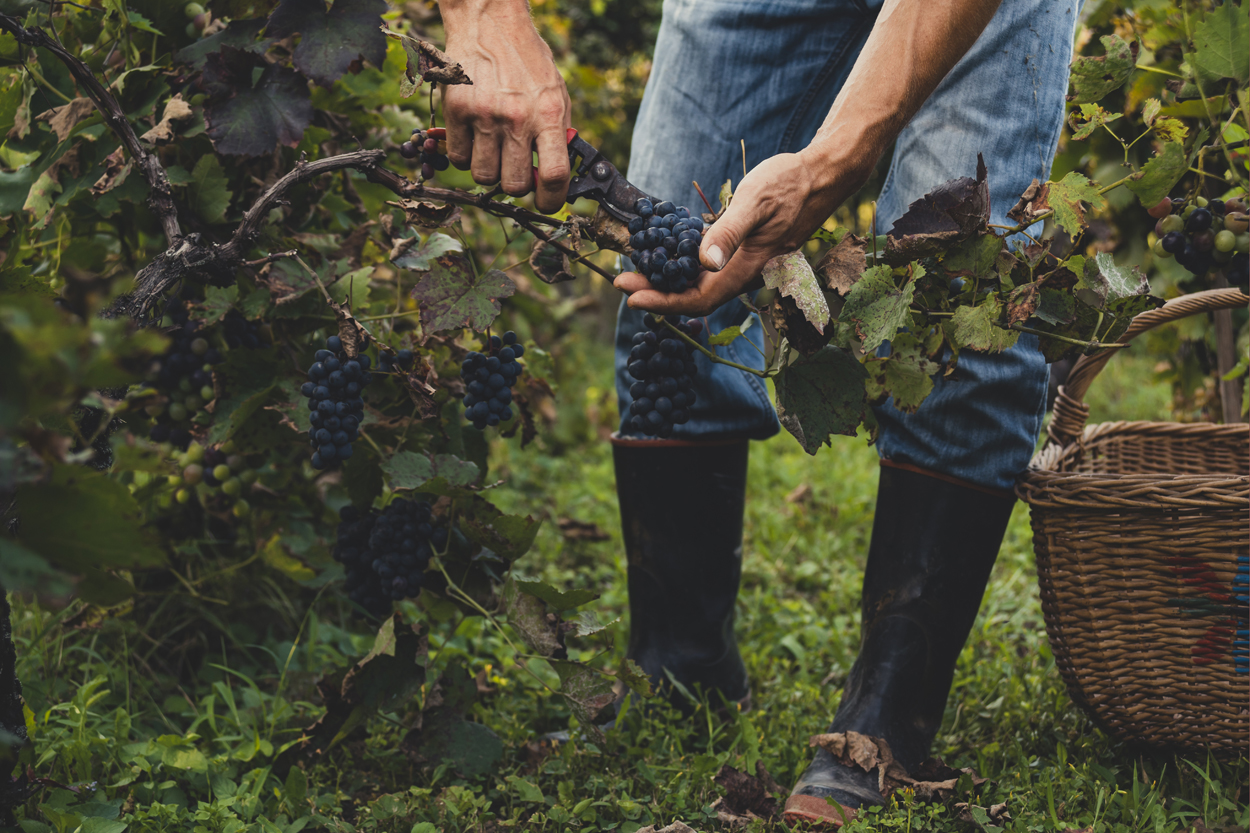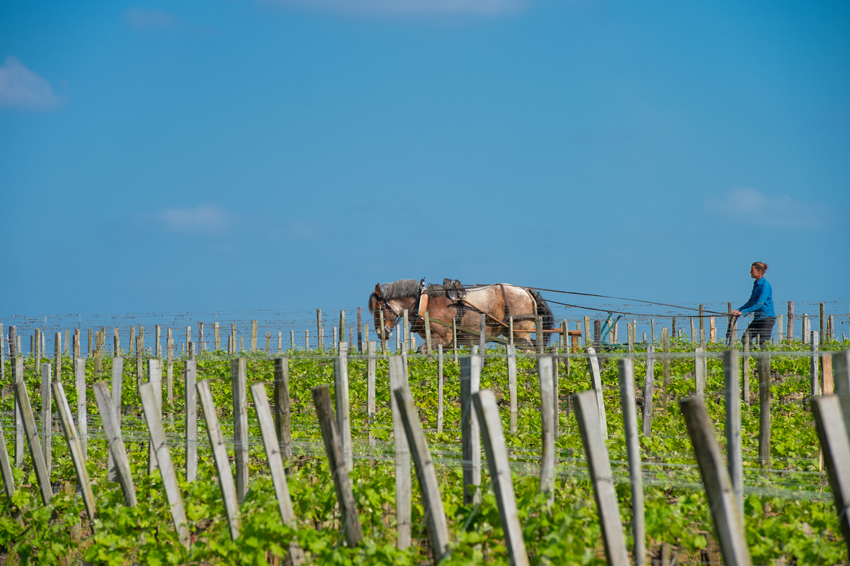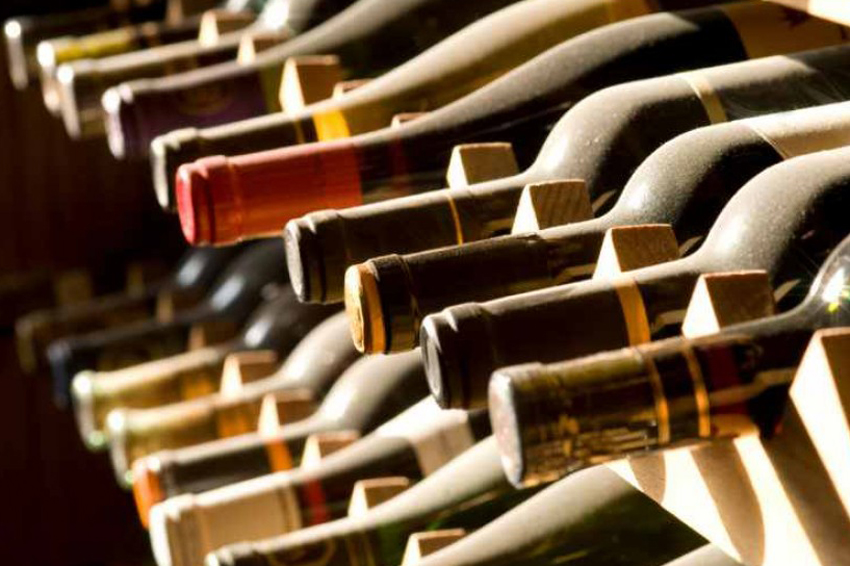Image credit: winefolly.com
When it comes to chemicals and additives, we consumers in the UK have embraced the less-is-more movement. With farewells said to blue Smarties and Sunny Delight Original, many products on UK shelves market themselves as having no added sugar, artificial colourings or flavourings. The science behind this is generally sound, many artificial chemicals added to foods and drinks have an adverse effect on our health, however are all chemicals bad when it comes to what we consume?
In the world of wine, public enemy number one amongst additives is sulphur, specifically 'Sulphites' meaning Sulphur Dioxide or SO2. Sulphur is added to most wines to stabilise them and prevent spoilage. It is added after fermentation and prior to bottling, in very small quantities. This use can be traced back to the Romans who took to burning sulphur candles inside storage vessels, a practice mirrored in some wineries today. However, more commonly either a condensed liquid or tablet form of the chemical is added to the wine.
So besides acting to stabilise the wine, what are the effects of sulphur and do they negatively affect human health? Wine sold in the UK must not have a sulphite level exceeding the legal threshold of 200 mg/L and in practice this is generally far lower, often as low as 50 mg/L (especially in some organic and biodynamic wines). At this level, most people are unaffected by sulphites. Unfortunately it is true that around 1% of people, often asthmatics, have an allergy that can cause hives, breathing difficulty and in extreme cases, anaphylactic shock. Such people must also try to avoid sulphur in other foods in their diet, including eggs, dried fruit or fruit cordials, which have much higher sulphite content than wines and no warnings on the label.
Contrary to popular myth, scientific opinion is against blaming a hangover on sulphites in wine. Our willingness to blame a tangible chemical 'baddie' for occasional overindulgence is almost certainly a contributor to the current anti-sulphur movement in wine consumerism. The primary cause of hangovers is dehydration caused by consuming excessive alcohol and not drinking enough water. Different people have variable ability to break down alcohol and therefore avoid/suffer a hangover.
An attempt to create wines with no added sulphur are Natural wines. However, even these wines are not sulphite free as small quantities are produced naturally during fermentation (repeat: there is no such thing as sulphur free wine!). The downside to cutting out added sulphites is a greater number of spoiled bottles per case. It is not uncommon to find that 5 out of 6 bottles contain noticeable faults and it is for this reason that Bon Coeur does not currently stock Natural wines. Next time you're browsing the shelves at your local wine-merchants or ordering online, certainly take a moment to consider which wines may contain a lower level of sulphur, but do not be taken in by those who say it will guard against a hangover! If looking for low additive and ecologically friendly alternatives, perhaps try Organic or Biodynamic wines. Happy hunting.
SHOP ORGANIC AND BIODYNAMIC WINES






